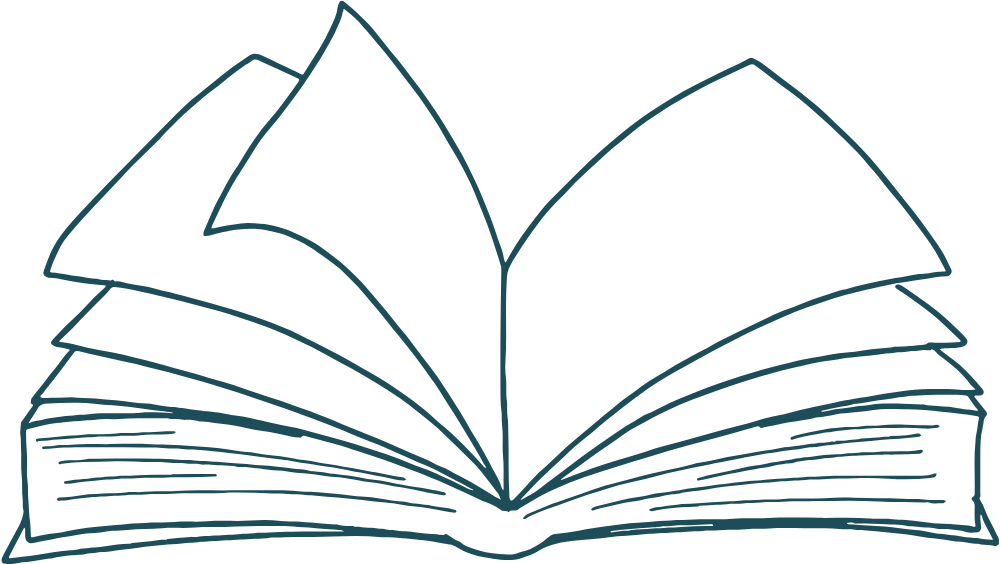Plotter, pantser and planster refer to the three main types of writers. They describe how writers go through the creative process of organising their ideas and getting their novels from theory into words on a page.
What is a plotter?
A plotter is a writer who outlines their novel before they write it. They like to know what will happen and when before that first word of Chapter One hits the page.
A plotter will plot their novel out by chapter or scene. Some plotters go as far as outlining every action their character will take in an Excel spreadsheet.
What is a pantser?
A panster is a writer who plots while they write. A panster may have an idea of their characters or a high-level overview of their plot but they don’t follow an outline and instead let their imagination guide them. In other words, the characters and plot take the lead as they experience the events of the book.
The word pantser comes from the phase “fly by the seat of ones pants”.
What is a planster?
A planster is a mix between a plotter and a pantser. A plantser might plot part of their novel or plan for various subplots, but they allow themselves the freedom of letting their imagination guide them as they write.
What’s the difference between a plotter, pantser and plantser?
Plotters plot the book before they start writing while pantsers plot as they write. Plantsers are a mix between the two and will dabble between plotting and letting the creative process guide them while they write words on the page.
Are pansters more creative than plotters?
I don’t think pantsers are more “creative” than plotters. Both types of writers do exactly the same thing but in a different order: plotters channel their creativity and let their imagination guide them before they start writing, while pantsers do this part of the creative process while they write.
Benefits of being a plotter
The biggest benefit of being a plotter is it’s much quicker than pantsing. While pantsers may get a first draft down on the page quicker, plotters can iron out plot holes and ensure they hit all the story arc beats before a word gets onto the page, which reduces the amount of editing and rewriting required. Many famous authors are plotters for this reason.
However, plotters run the risk of overplanning. We’ve all fallen victim to analysis paralysis where we end up in a cycle of considering every single option but don’t end up applying our knowledge.
Benefits of being a pantser
Pantsers benefit from being able to follow the flow and let the creative process guide them. What if you come up with a good plot twist halfway through writing your novel? A plotter would need to throw all their planning in the bin to take advantage of it, while a pantser could just seize the moment.
Furthermore, sometimes the best way to figure out if a scene works is to just write it.
Some writers will find knowing exactly what happens ruins the magic of the writing process. They may feel the joy of creating and moulding their characters just isn’t there when they already know what will happen to them.
Benefits of being a plantser
Many writers consider plantsing (definitely a word) the best of both worlds. A certain level of plotting will help avoid plot holes, but still allow writers the freedom to explore ideas that come to them later in the writing process.
Is it better to be a plotter or a panster?
Plotting is usually quicker then pantsing (also definitely a word). Plotting allows writers to identify plot and character related issues before they even start writing which reduces the need for rewriting and editing.
However, pansters can take advantage of following the flow and seeing where their story takes them.
So, is it better to be a plotter or a pantster? It all depends on you! There are clear benefits to both plotting and pantsing but you won’t do yourself any favours by following a pattern that doesn’t align with your creative process. Your book will turn out best if you let you let your creativity guide you.
